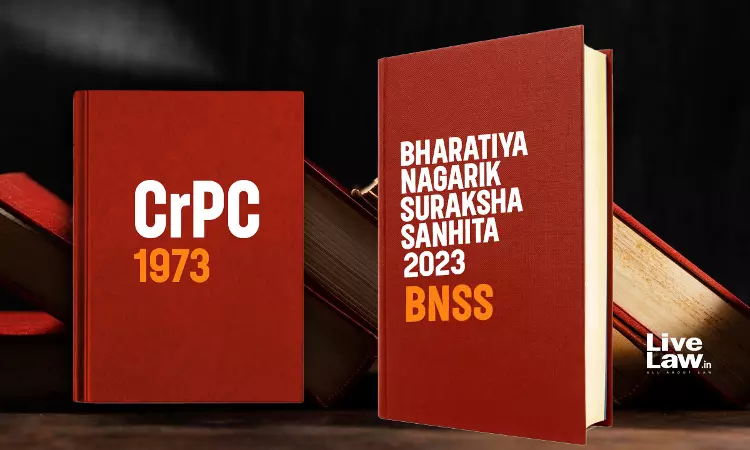Procedure For Service Of Summons On Corporate Bodies/Firms | Allahabad HC Explains Difference Between S. 63 CrPC & S. 65 BNSS
LIVELAW NEWS NETWORK
23 July 2024 12:00 PM IST

Next Story
23 July 2024 12:00 PM IST
In light of the provision contained under Section 65 of the recently introduced Bharatiya Nagarik Suraksha Sanhita (BNSS), 2023, the Allahabad High Court earlier this month observed that summons of a company or corporation could now also be served through the Director, apart from the Manager, Secretary, and other Officers of the company, including the firm's partner. A bench of...
